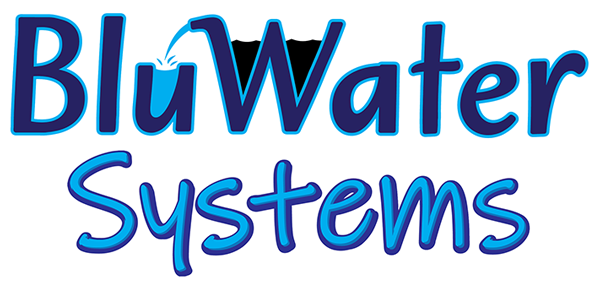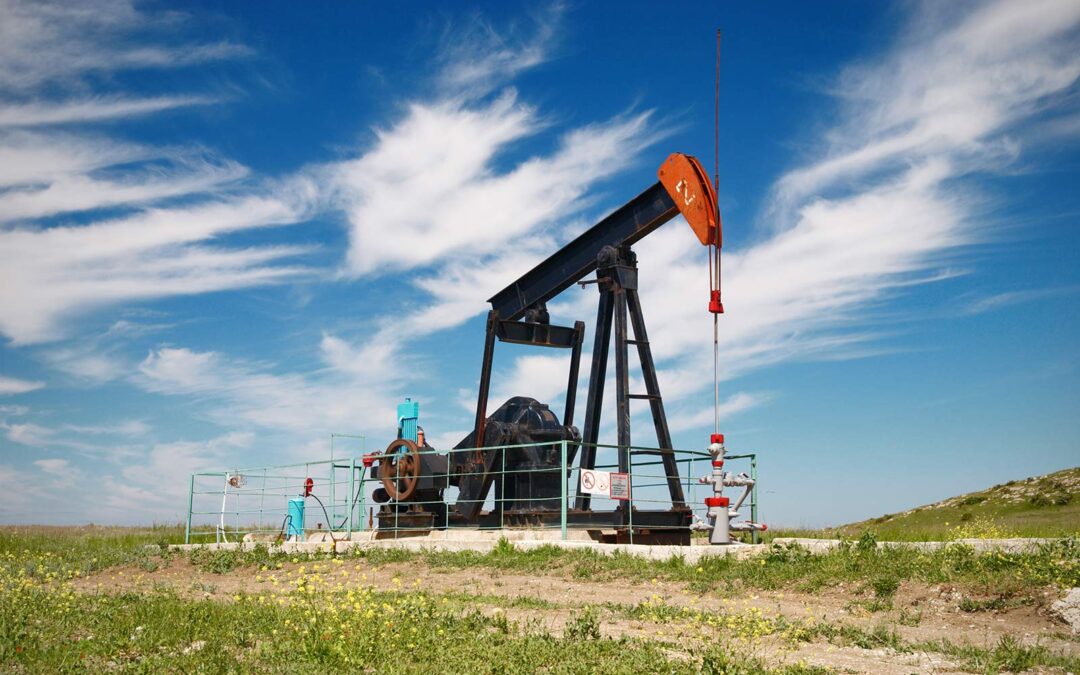In oil and gas extraction, oil/water separation is a critical process that ensures the efficient and environmentally responsible recovery of hydrocarbons. When crude oil is extracted from the earth, it is rarely pure and often comes mixed with varying amounts of water, as well as other impurities like natural gas, solids, and sand. These water and oil mixtures need to be separated before the oil can be refined and the water treated or disposed of safely. Effective oil/water separation is vital for maximizing recovery efficiency, minimizing environmental impact, and complying with regulatory standards.
Why Oil/Water Separation is Necessary
During oil production, especially in offshore platforms or wellbores, oil is often produced along with water that has infiltrated the reservoir. This water, known as produced water, can make up to 90% of the mixture in some fields. In many cases, this water is saline and can contain harmful substances such as heavy metals, hydrocarbons, and chemicals from drilling operations. If not properly separated, this water can pose significant risks to the environment and ecosystems when discharged back into the environment. Additionally, oil producers must extract as much oil as possible from the mixture before it can be sent for refining, making separation crucial to ensure the economic viability of operations.
The Challenges of Oil/Water Separation
Oil/water separation is not always straightforward due to the properties of the two fluids. Oil and water do not naturally mix well; however, they can form emulsions, which are complex mixtures where small oil droplets are dispersed throughout the water. These emulsions are difficult to separate, requiring advanced technology and processes. The water may also contain dissolved gases, salts, and other chemicals, making the separation even more complicated.
The main challenge is the presence of very fine oil droplets that remain suspended in water, even after initial separation. These droplets do not naturally rise to the surface due to their small size, which complicates traditional separation methods like gravity-based separation.
Methods of Oil/Water Separation
There are several methods used to separate oil and water in oil and gas extraction. The choice of technique depends on the characteristics of the mixture, the volume of water, and the quality of separation required. The main techniques are:
- Gravity Separation:
Gravity separation is the simplest and most widely used method, relying on the difference in densities between oil and water. Oil, being less dense, rises to the surface, while water sinks to the bottom. This method is often used in early stages of separation, but may not be sufficient for fine emulsions, which require more advanced treatment. - Centrifugation:
Centrifugal separation uses high-speed rotation to generate artificial gravitational forces that accelerate the separation process. This technique is effective for separating very fine oil droplets from water and is commonly used when gravity separation alone is inadequate. - Coalescence:
Coalescers are used to combine small oil droplets into larger ones, which then rise more easily to the surface. Coalescing filters or media are often used in conjunction with gravity separators to improve the efficiency of the separation process. - Membrane Filtration and Electrocoalescence:
More advanced techniques like membrane filtration or electrocoalescence can be used for more challenging separation tasks. Membrane filtration forces the mixture through semipermeable membranes, filtering out the oil. Electrocoalescence applies electrical charges to the water, causing the oil droplets to coalesce into larger masses. - Flotation:
In some cases, air flotation can be used to assist in the separation. Tiny bubbles are introduced into the water, which attach to the oil droplets and help them float to the surface for easy removal.
Environmental and Economic Considerations
Proper oil/water separation is crucial for environmental protection. Produced water, if not treated and separated effectively, can contaminate oceans, rivers, and underground aquifers, leading to long-term ecological damage. Strict regulations mandate that produced water must meet specific quality standards before being discharged or reinjected into wells.
From an economic perspective, oil/water separation directly impacts the profitability of oil extraction operations. Efficient separation allows more oil to be recovered, reducing waste and increasing the overall yield of an oil well. It also lowers the costs associated with water treatment and disposal, making it a key factor in the sustainability of oil and gas operations.


